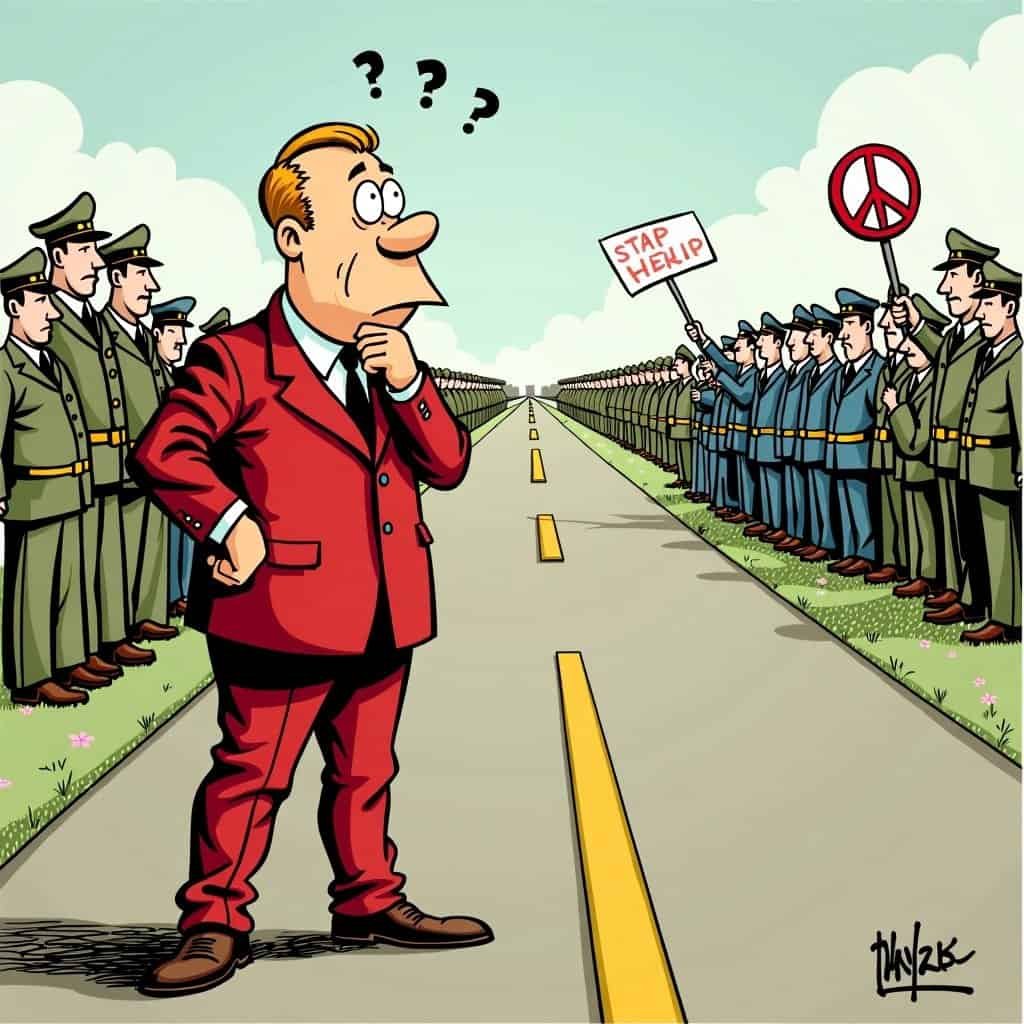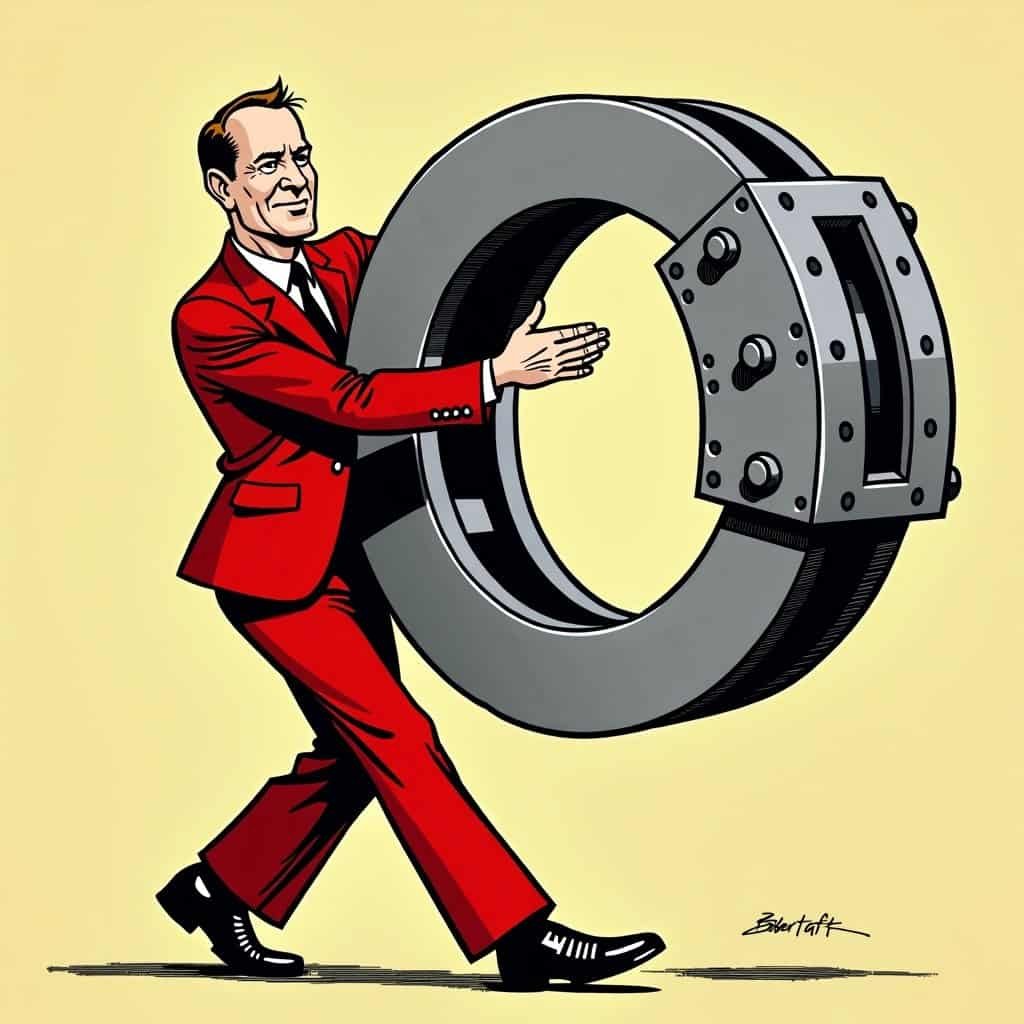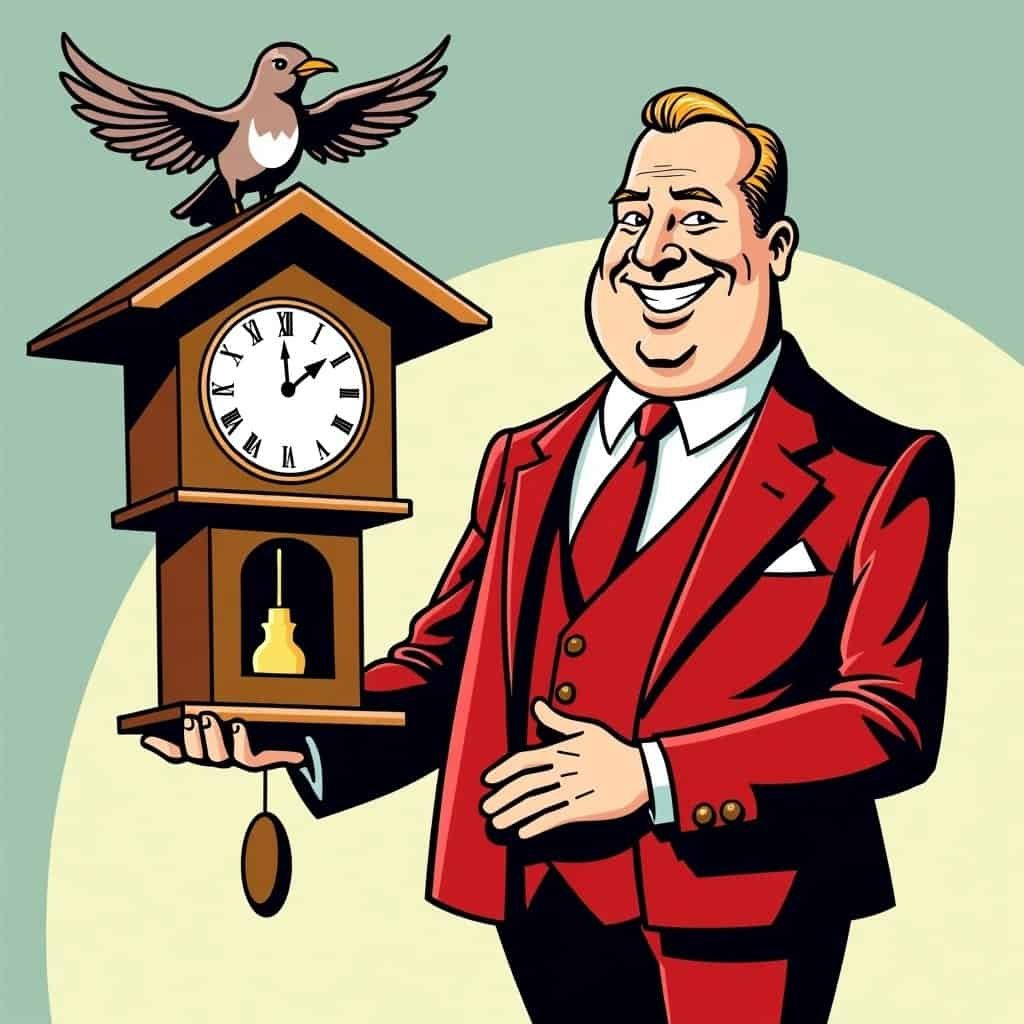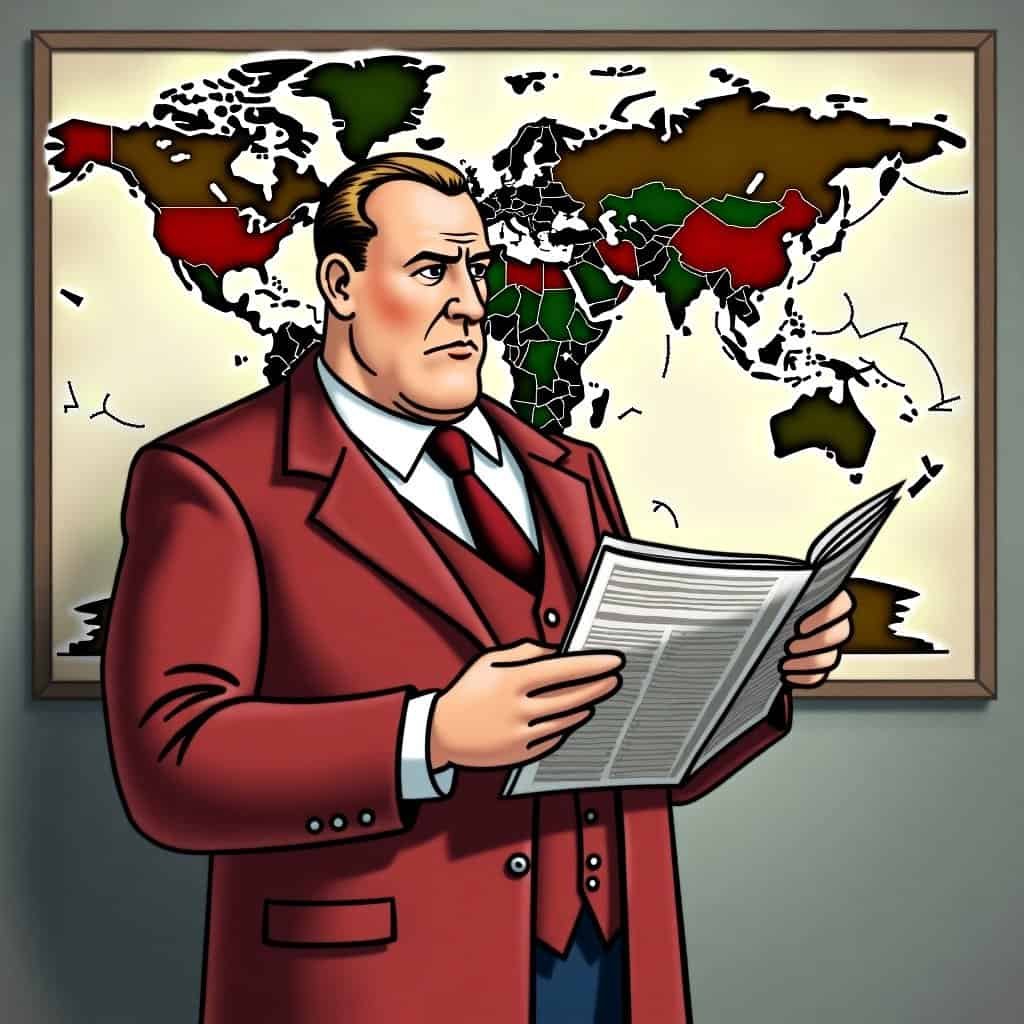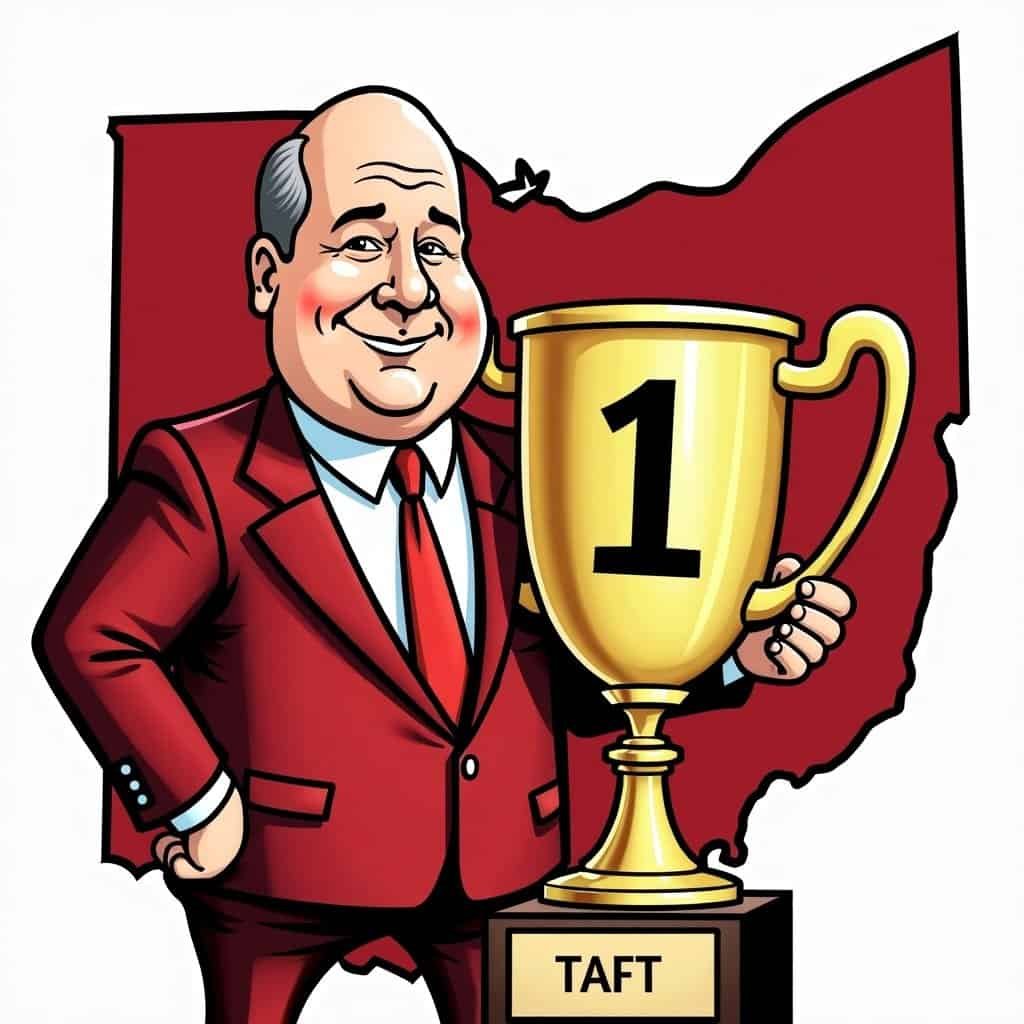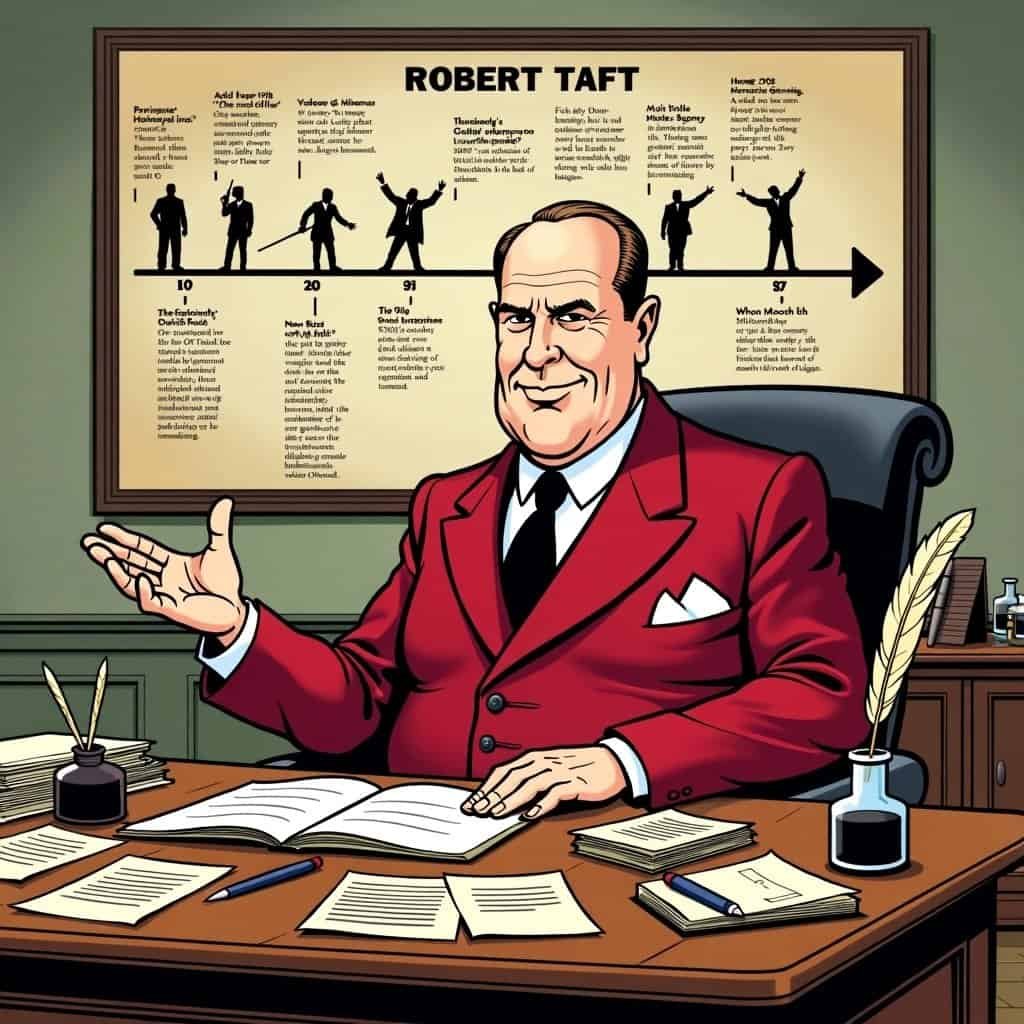Ah, Robert Taft, the man with an opinion as strong as his name suggests! Known as “Mr. Republican,” Taft was a conservative thinker during a time when the world was in turmoil. In the midst of World War II, while most politicians were eager to join the fight, Taft raised a skeptical eyebrow and asked, ‘Do we really need to be involved in this mess?’
As a firm believer in non-interventionism, Taft’s take on U.S. involvement in WWII wasn’t just about strategy. It was rooted in conservative values that highlighted national sovereignty and a healthy dose of skepticism towards foreign entanglements. You see, Taft worried that American soldiers would be sent overseas to fight in conflicts that, quite frankly, seemed like Europe’s problems, spilling over the Atlantic like a poorly poured pint.
While liberals were busy trying to fix the world’s problems, Taft was reminding everyone about the benefits of focusing on America first—no need for foreign conflicts, thank you very much! His arguments weren’t just side notes in political chats but were steeped in the conservative love for being careful with money and not stretching national resources too thin. Why play world police, he wondered, when there’s plenty to clean up at home?
Taft’s Perspective on U.S. Involvement in WWII
| Taft’s Concerns | Conservative Principles |
|---|---|
| Overextension of national resources | Fiscal responsibility |
| Risk of government bloat | Small government |
| Unnecessary foreign entanglements | National sovereignty |
| Disproportionate burden on U.S. | Personal accountability |
Historically speaking, Taft’s skepticism wasn’t completely out of the blue. He echoed the Monroe Doctrine’s sentiment, which once told Europe to keep its messy affairs off our pristine American lawn. And honestly, isn’t there something refreshing about someone hesitant to sign up for a group project across the pond because, let’s face it, not every team player pulls their weight?
But let’s not sugarcoat it: Taft’s position was more than just looking back with rose-colored glasses. It was firmly rooted in conservative ideas that line up with small government and personal responsibility. He was worried that getting involved in the war would lead to a bigger government and more centralized control, something every self-respecting conservative at the time dreaded.
Taft’s Approach to Foreign Policy
Yet, Taft didn’t oppose the war because he didn’t know what was going on. On the contrary, he understood that totalitarianism had to be challenged, but he wanted to do it in ways that wouldn’t put too much burden on American taxpayers and soldiers.
The critique Taft presented was an interesting conversation, stemming from conservative doubts about getting too involved in international affairs—a warning, if you will. It was less about refusing to fight evil and more about choosing battles carefully.
Taft’s Legacy in Modern Conservative Thought
Looking at today, Taft’s words of caution seem almost prophetic in some circles. His approach reminds today’s conservatives to think carefully about getting involved in foreign conflicts—to ask, ‘Is this our problem to solve?’ and ‘Are we protecting freedom or spreading ourselves too thin in the name of it?’
Indeed, Taft’s critique offers a lasting lesson on the value of being careful and the risks of rushing into conflicts without a solid plan for peace. So next time there’s talk of war, take a moment to remember Taft, the Republican who wasn’t afraid to say every so often, ‘Maybe we’ll sit this one out, Europe!’
Table of Contents
- Taft’s Perspective on U.S. Involvement in WWII
- Taft’s Approach to Foreign Policy
- Taft’s Legacy in Modern Conservative Thought
